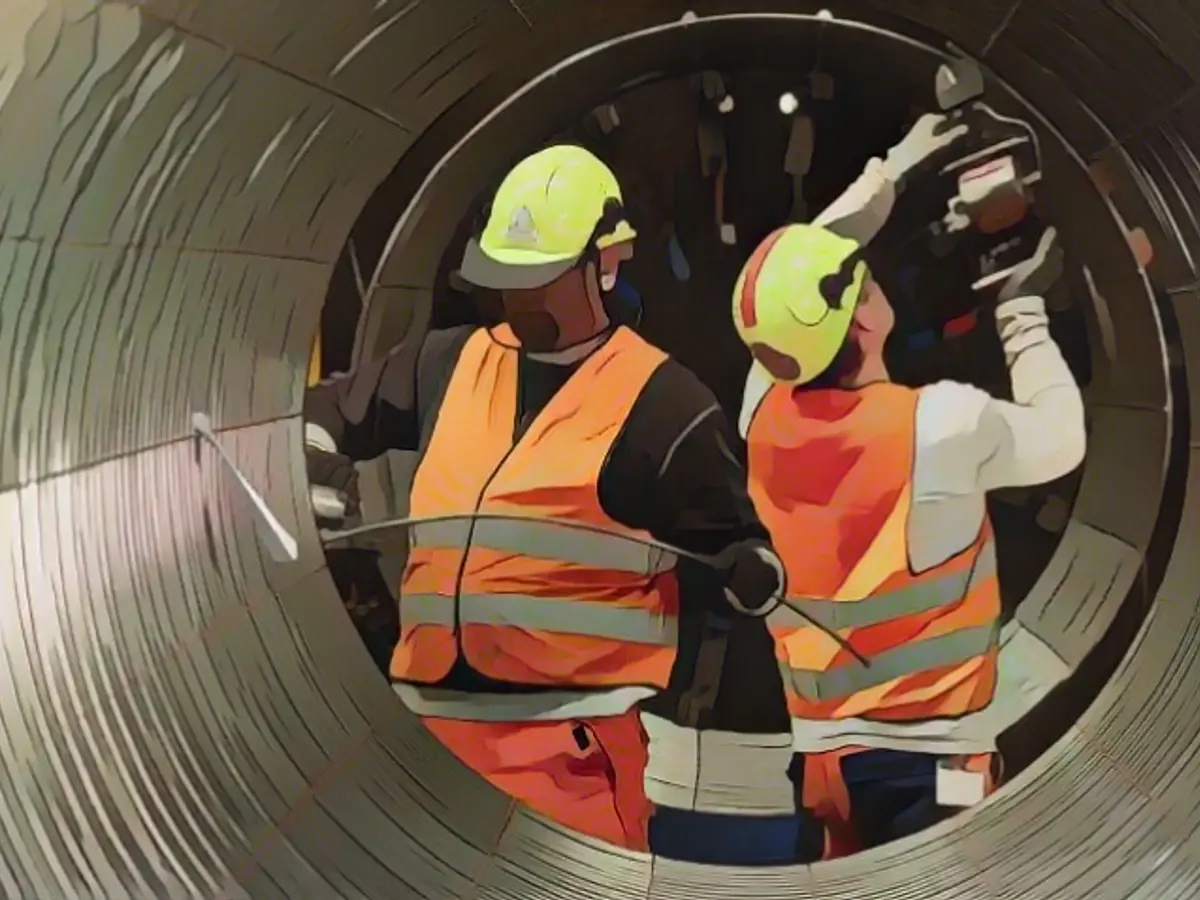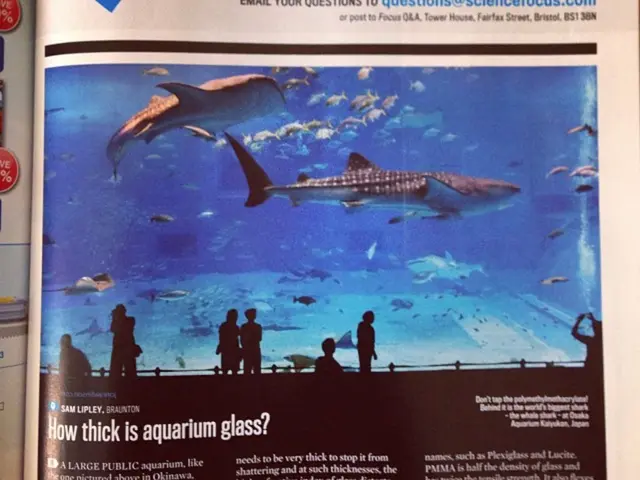Europe's Gas Predicament: Breaking the Dependence on Putin's Fuel
Europe is bracing for the potential consequences of a gas supply quandary, with Russian President Vladimir Putin's intentions brewing a storm of speculation. While the prospect of a full-blown war has receded, the European Union's (EU) energy sector remains on edge, with fears of disruptions and price surges looming large.
The heart of the issue is Europe's undeniable reliance on Russian natural gas. A significant part of the continent's energy needs is fulfilled by this abundant yet precarious source, which raises serious geopolitical and environmental concerns.
Rising concerns are tackling the question of harnessing a new gas future for Europe - one that aims to diminish, or even eliminate, its dependence on expensive, dirty, and highly imported Russian fuel.
Developing a Plan B for Gas
The urgency of weaning Europe off Russian gas cannot be overstated. Inflated global gas prices, exacerbated by the conflict between Russia and Ukraine in 2014, have left millions of Europeans in energy poverty. Moreover, the continuous use of fossil fuels further exacerbates the climate crisis.
Bolstering Alternative Sources
A viable alternative to Russia's natural gas is the diversification of energy sources. Europe is already examining new partnerships and revisiting existing connections, including imported Liquefied Natural Gas (LNG) from the United States and other countries. Investing in renewable energy, such as solar and wind power, is another important step towards breaking free from the grip of Russian gas.
Energy Efficiency Measures: The Key to Sustainable Gas Consumption
Advances in energy efficiency can reduce consumption and lower Europe's dependence on Russian gas. Implementing sustainable practices in industries and households, as well as investing in energy-efficient technologies, can help create a more resilient energy sector.
Boosting Infrastructure and Modernizing Grid Systems
Infrastructure updates are critical in reaching Europe's goal of a cleaner, more secure energy future. New pipelines, hydrogen storage facilities, and those that bypass Ukraine can bolster the continent's energy security.
Transitioning to Decentralized, Low-Carbon Industries
In parallel with renewable energy sources, the transition towards low-carbon industries is vital for breaking free from Russian gas. Aluminum and ammonia production can be decarbonized by evolving towards green electricity and cutting-edge, near-zero-emission technologies.
Harnessing the Power of EU Policy Initiatives
Policy reforms at the EU level are crucial for a gas exit strategy. The Fit for 55 package, for example, accelerates the deployment of renewable energy, energy efficiency, and other crucial measures. Similarly, the proposed Carbon Border Adjustment Mechanism (CBAM) can incentivize green investments during the energy transition.
Uniting for a More Unified Response to Energy Challenges
Cooperation and unity among EU member states are essential for coordinating a robust response to energy security challenges. A joint approach can help solidify Europe's position in securing alternative gas sources and bolstering its energy independence.
Taking Action, a Matter of Good Sense
The imperative of Europe's gas independence is not a bold statement, but rather a matter of embracing common sense. With bold initiatives and coordinated efforts, European leaders can secure the continent's long-term energy future, leaving Russia's oil and gas reserves behind.
Enrichment Data Integration
- Europe's reliance on Russia for energy is a delicate situation that can be addressed through diverse strategies.
- In order to tackle this challenge, Europe should explore new approaches such as diversifying its energy sources, focusing on energy efficiency, and boosting infrastructure measures.
- Additionally, the transition toward low-carbon industries and the adoption of EU policy initiatives can play a crucial role in mitigating Europe's dependence on Russian gas.
Sources: and Bruegel Think Tank insights.







